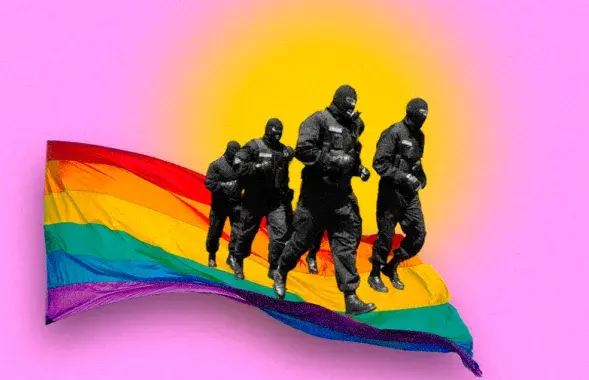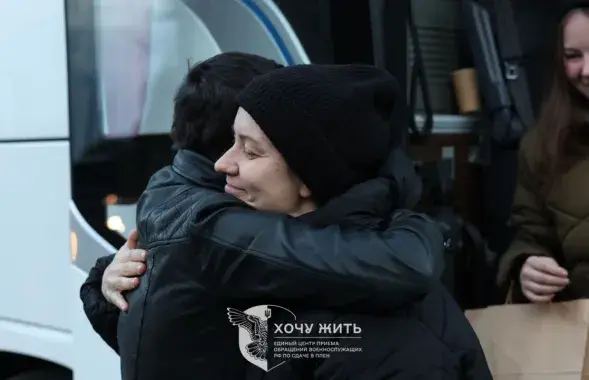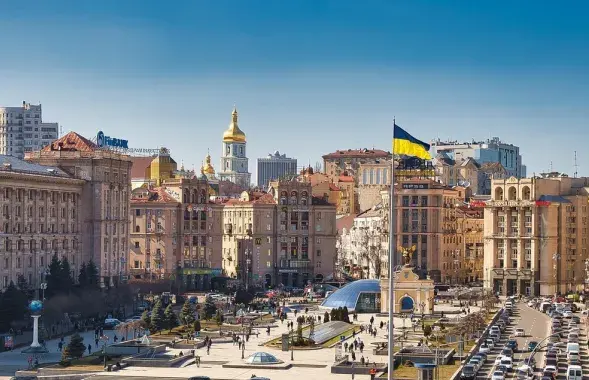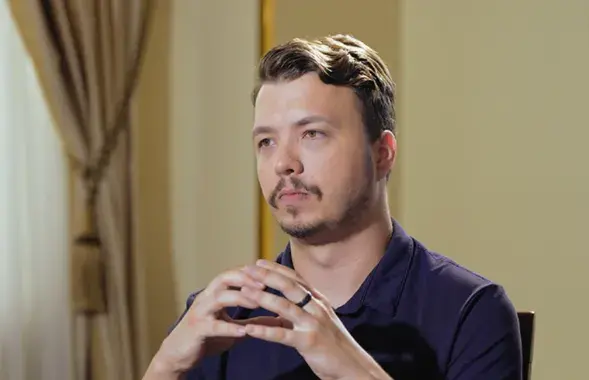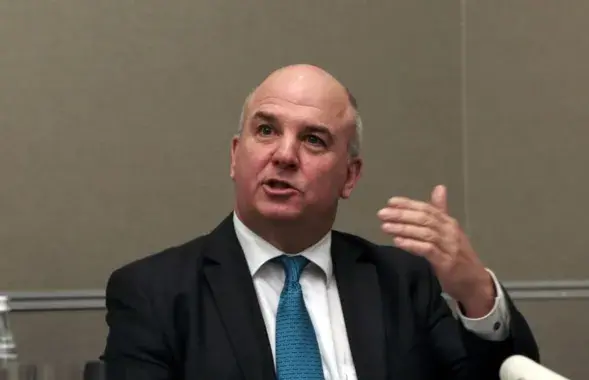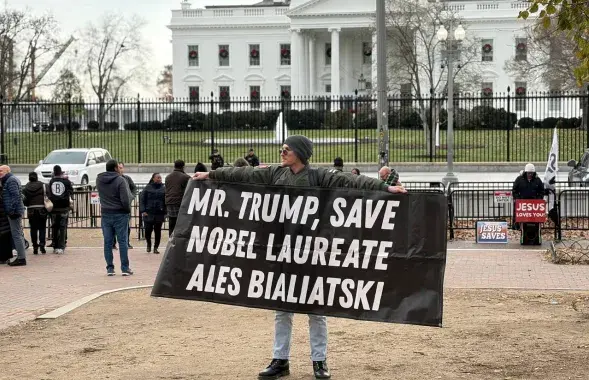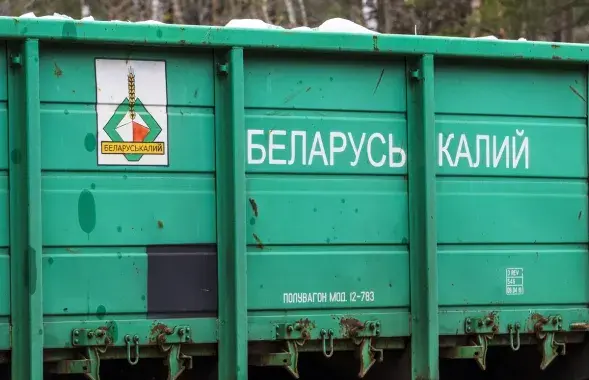"Fighting Belarusians Is Absurd": Lithuanians react to “Zapad” Military Drills
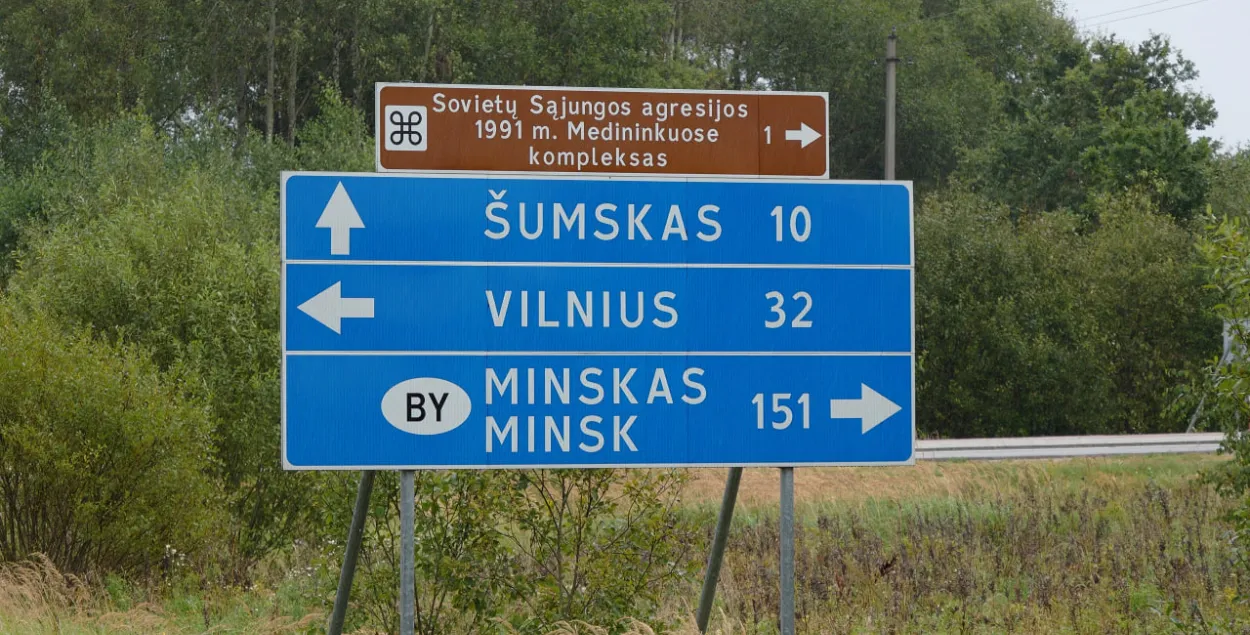
Near the Belarusian border / Euroradio / Euroradio
Yesterday I stood just 600 metres from the Belarusian border — on the Lithuanian side. According to Google Maps, there was supposed to be a bar here, and I thought a border bar would be the perfect place to talk with locals about the military drills that had just begun in Belarus.
But there was no bar (if you’re ever in Lithuania, don’t follow the “Bar KFC” marker). Instead, we found only a small farmstead. The windows of its house looked straight out over the fields towards Belarus, less than a kilometre away. And no, the residents didn’t want to talk about war.
Having failed to find anyone to talk to at the “bar”, we turned the car around towards the nearest village shop. We weren’t the first to ruin the shopkeepers’ morning with uncomfortable questions. A Polish traveller had just been asking about war, too.
“He thought we were already being tortured here, or killed,” the shop assistants said. “He said he imagined tanks standing all around. But there’s nothing — it’s all quiet and peaceful.” While we talked, our driver bought a piece of šokoladinė dešra — the Lithuanian version of Belarus’s famous chocolate sausage.
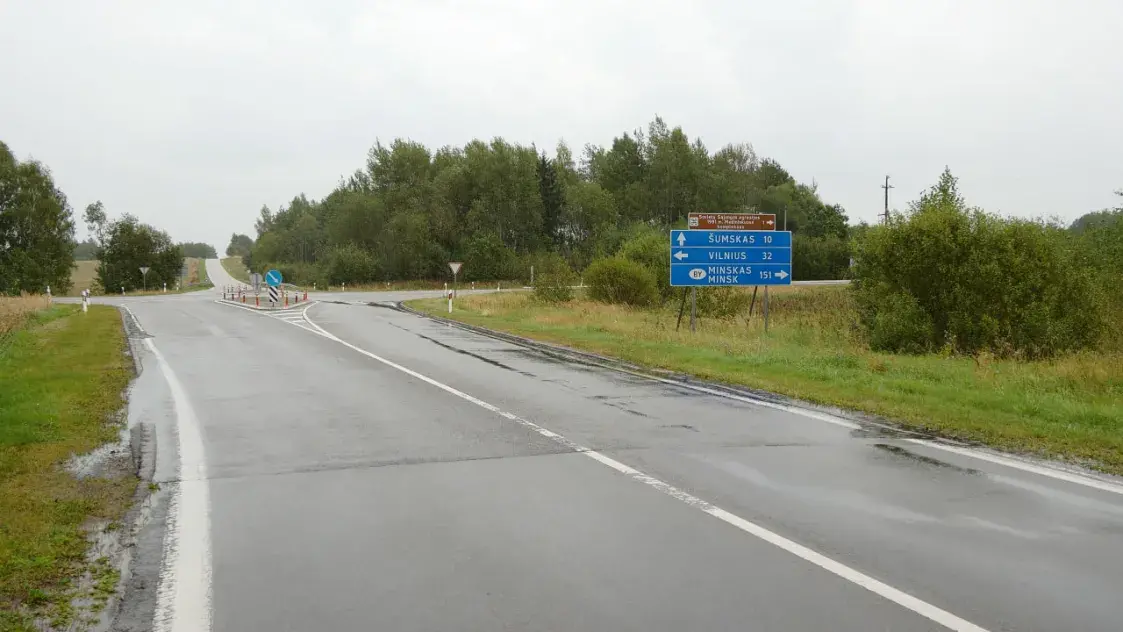
“We make the same at home,” I said. “Do many Belarusians live around here?”
“Oh, half the people,” one replied. “There used to be no border. Some went to school in Belarus but lived here. Lots have family on the other side. Maybe that’s why no one’s panicking.”
“They just try to scare people. But why?”
Why did we scare Lithuanians with questions about war?
Perhaps I should explain why we came to Lithuania with such uncomfortable questions. The reason is deeply personal.
Three years ago, I was travelling on a Minsk–Kyiv bus. My seat neighbour was a woman heading to Dnipro via Kyiv. She was extremely chatty — like truly anxious people often are. And she really was anxious: Dnipro was too close to the Russian border, and the news at the time was full of warnings that Putin might invade. I tried to reassure her using the same arguments Euroradio experts had used to calm our listeners — adding a few more of my own.
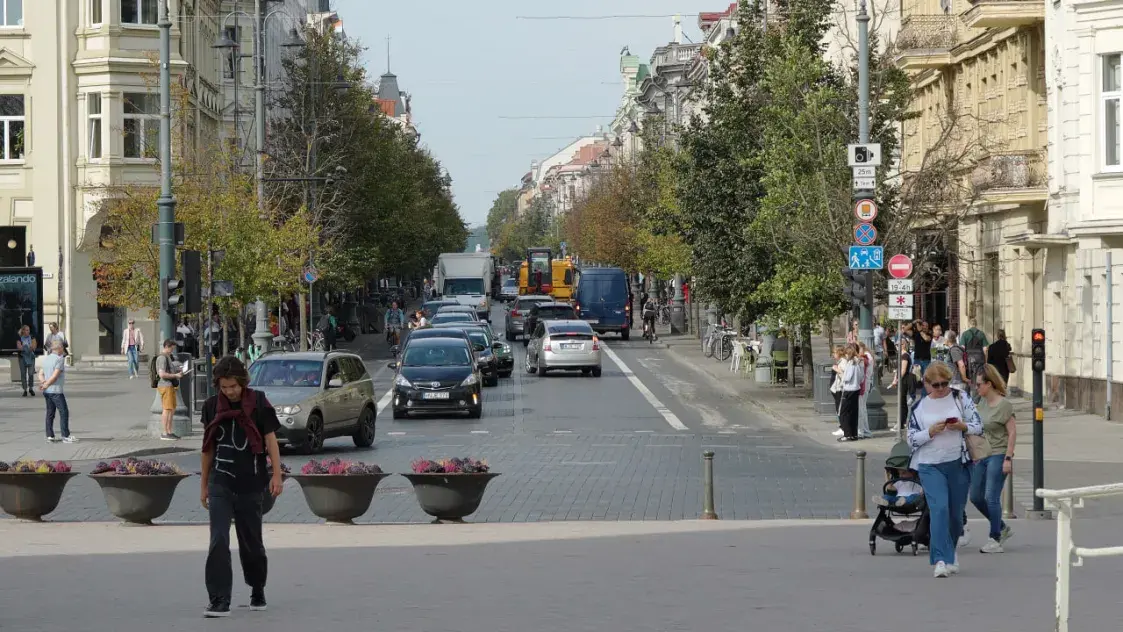
“There are fewer of them now,” he said quietly. “You understand what I mean?”
He doesn’t believe that Russia’s ambitions end with Ukraine.
In the family of Ramute, a young Lithuanian woman, the question of what to do if something starts is already discussed quite openly: Who would leave Lithuania? Who would stay? These are now ordinary topics for conversation.
“All I can do is keep my finger on the pulse — watch what’s happening. But I can’t control what happens around me. And if I can’t control it, what’s the point of worrying?”
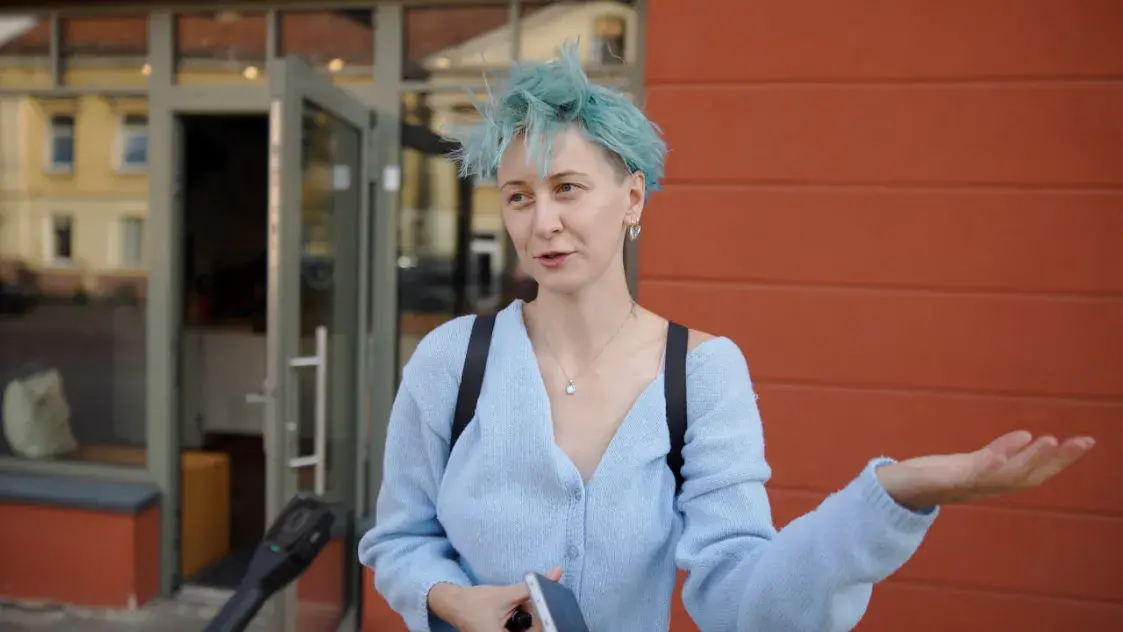
“What I can do is make plans — for myself, for my family. I think that’s sensible. It helps not to panic.”
In the old town, a man named Jonas has sold souvenirs in the same spot for more than three decades. It’s still early morning; he’s just opened his stall and is laying out hand-knitted socks and mittens — a traditional Lithuanian souvenir. Tourists pass from every corner of the world, and Jonas insists that no one is talking about war.
“No, no,” he smiles. “People are living their lives peacefully. We’re not afraid here. No one’s talking about war.”
“And when drones crossed into Poland the other day — did that worry anyone here?”
“Not really. Only in the media. Our city’s very peaceful.”
But Dontas, a young Lithuanian man, feels very differently. He’s furious — with his own government, with Poland’s, and with NATO and Europe as a whole.

He’s convinced that no one will help Lithuania if Russia attacks from the Belarusian side, because people in Western Europe live too comfortably to give that up.
“It makes me sad that we’re moving so slowly. The government talks a lot but does too little — and sets a bad example. The other day, drones struck Poland. What did the politicians do? They just talked, and talked again. So what can ordinary people do if leaders don’t react the way they should?”
“That drone attack on Poland was serious. And what happened? Only talk, no matter what Russia does.”
“And what will you do if it does start?”
“You never know. Every day, people say: the war could begin in two years, five years, ten. Which means — it could happen any moment. My plan is just to live. What else can I change? If war starts here, it’ll roll on to Poland, and then maybe Germany.”
We leave the old town and stroll down Gediminas Avenue, lined with designer boutiques. Outside a small cosmetics shop, one of the staff members invites me in to see their new facial serum. Instead, I ask how they’re preparing for war.
“Oh no!” one of them laughs, pointing to her colleague. “She’s been talking about the drills in Belarus all morning — and it’s my birthday, I can’t listen to that again! I’m off!”
So we stop a young woman with a pram — Marta. Some of her friends chose to spend the entire summer abroad, afraid that war might begin at any moment.
“I’ve got a mixed circle of friends,” Marta says. “Some refuse even to think that war could happen — they say, we’ve got NATO, we’re safe. Do I believe in NATO? Yes. It’s what I cling to.”
But Inga doesn’t share that faith.
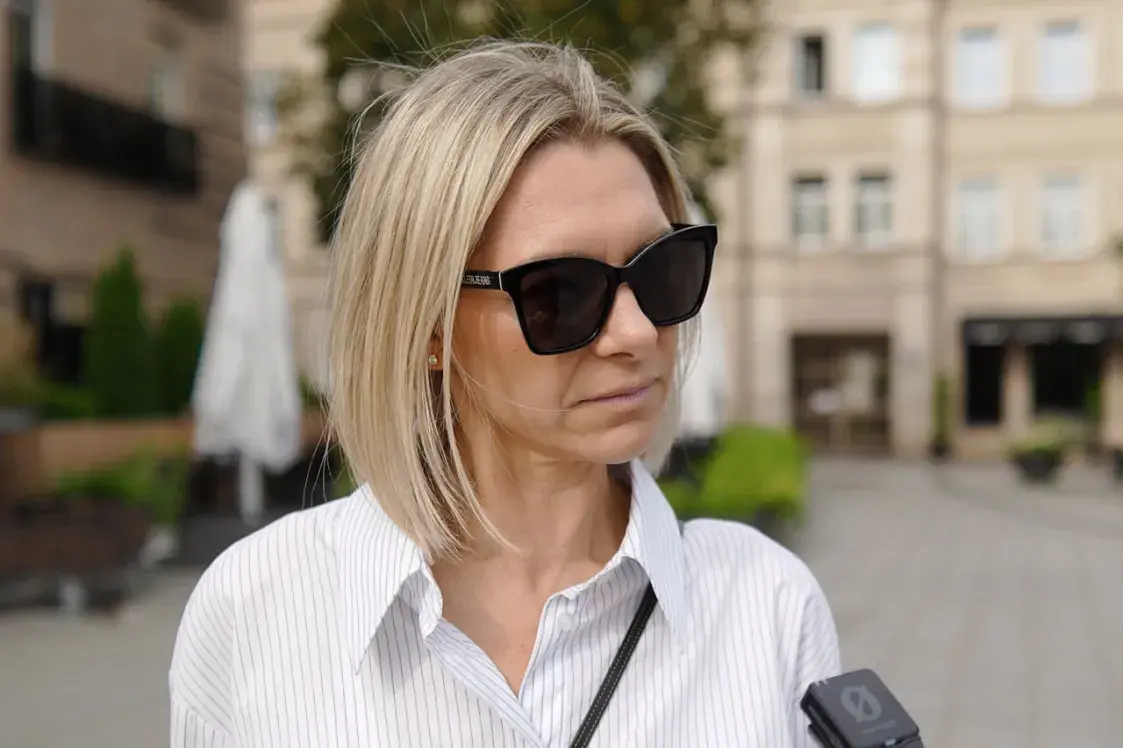
“NATO?!” she exclaims, genuinely surprised that I’d even ask. “If something happens, we’ll be on our own. And honestly, I don’t know how well we Lithuanians are prepared for the worst-case scenario.”
Her Shiba Inu puppy splashes at a fountain in the square. Its owner has decided that by the weekend she’ll have at least five litres of drinking water stored at home and a small supply of non-perishable food — just in case. Maybe she’ll withdraw some cash too.
“Of course I worry. You never know what might come into his head [Vladimir Putin’s, — Euroradio]. I think he’s testing us — checking how ready we are for whatever might happen. So yes, I worry, because we live in uncertainty. But what can I do? I leave it to the universe.”
That’s roughly the same approach as Adam (name changed), a young Lithuanian filmmaker we met in a park near Gediminas Tower. The weather is far too good for talk of war, but we get so carried away painting dark scenarios that we both jump when a little tourist train whistles past.
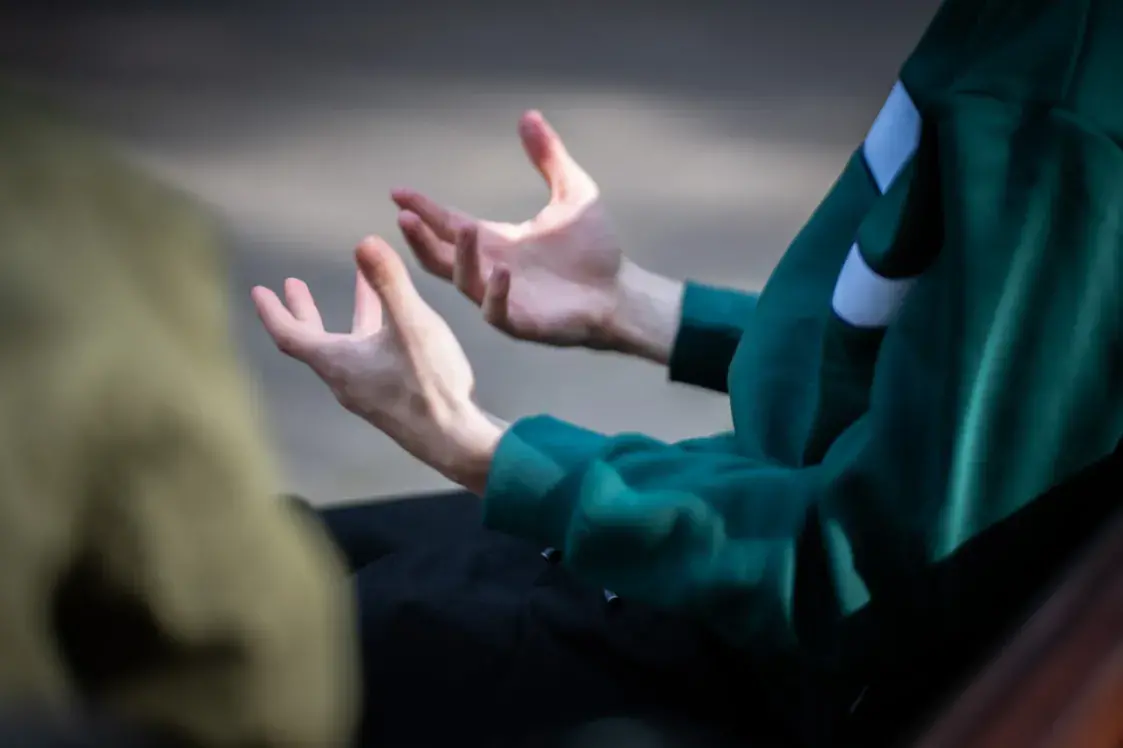
Adam works in a cinema. He can’t imagine how he could be helpful if war came — but leaving the country feels wrong. He doesn’t know what he would do if a real air-raid siren sounded.
“I’ve got friends volunteering in Ukraine, and they keep talking about a possible invasion. Some people try to distance themselves; some say you must stay and defend the country, others say you should leave. I know a few IT guys who spend weekends training with the Lithuanian Riflemen’s Union. On the streets, there’s little sign that anyone is preparing for anything. But then you open your email — and there it is: an advert for a first-aid training course.”
“After Evacuating from Kyiv, I Always Keep a Full Tank”
Vadzim Zamirouski, a Belarusian photojournalist, came to Vilnius from Kyiv in 2022.
He now lives here with his wife and two young children. Before we leave Lithuania, we stop by his house.
Vadzim makes tea and clears a few children’s toys from the frame. We sit on the terrace; everything feels peaceful. But several of Vadim’s friends have left Vilnius for the duration of the Russia-Belarus drills.
“When I phoned you in early February 2022, you weren’t planning to leave Kyiv,” I remind him.
“I remember,” he says. “On the morning of 24 February, a friend rang me — my first thought was, ‘Oh no, they’ll cut the internet before I finish my work!’ I jumped up to get everything done, then I heard the explosion. That was enough to understand what was happening.”
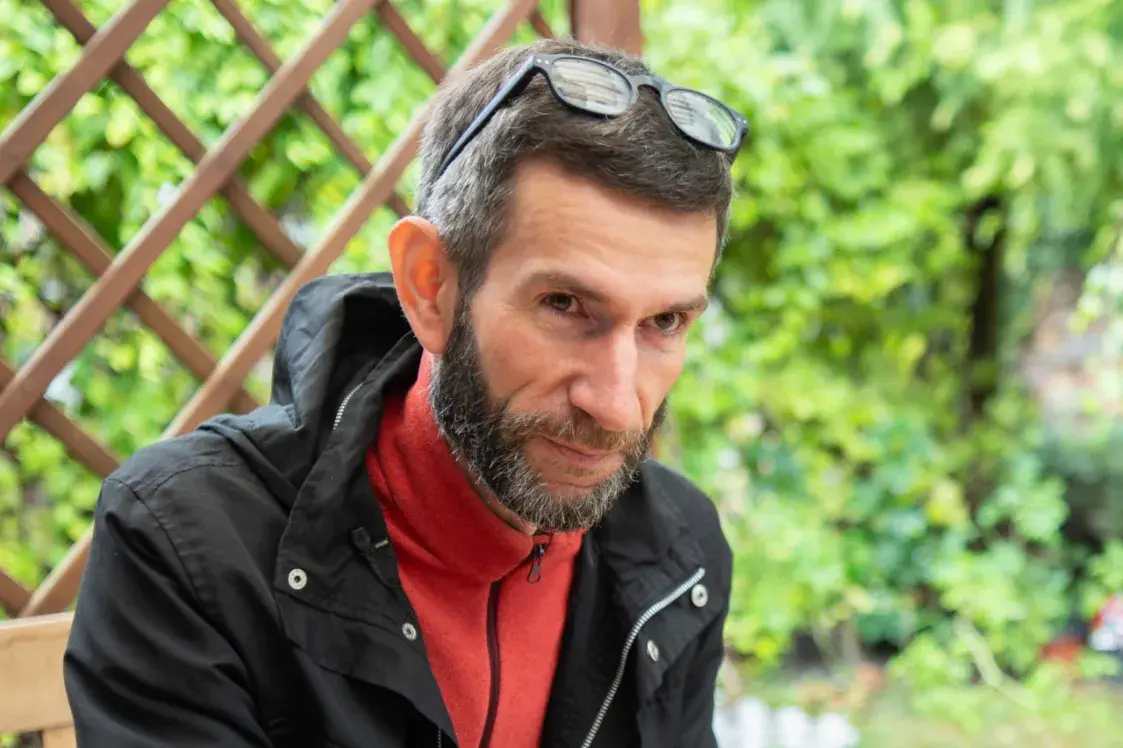
“At first I didn’t plan to leave — I’m a journalist, I thought I should stay and work. But a few days later, I realised my press card wasn’t going to protect me. And when they froze my bank account, it became clear: I had to go. I was lucky — my family was in Minsk at the time. If they had been with me in Kyiv, the evacuation would have been impossible. We had no car, the youngest daughter was a month old, and with the chaos at the train stations, escape wasn’t an option.”
Now, in Vilnius, Vadim owns a car — and keeps its tank permanently full.
“Obviously, if something happens tomorrow, you won’t be able to refuel, and you won’t find tinned food. Everything must be ready in advance.
I don’t think war will start now — or in six months. But that’s just my personal opinion. I do believe it will happen one day.
Have you seen that Russia just published a book called History of Lithuania, with a foreword by Sergey Lavrov? I think it’s all groundwork. But I’m no military analyst — and even analysts can’t tell. We don’t know what goes on in Putin’s sick head.”
And who does? Vadim says he’ll keep an eye on the embassies. As soon as they begin evacuating staff, he’ll evacuate his family.
“Once that happens, we’ll get in the car immediately. Because the situation in Vilnius could be worse than Kyiv — if the Russians ever try to block the Suwałki Gap, we’ll all be trapped here.”
Feafania Lvova, with support from the Exchange
